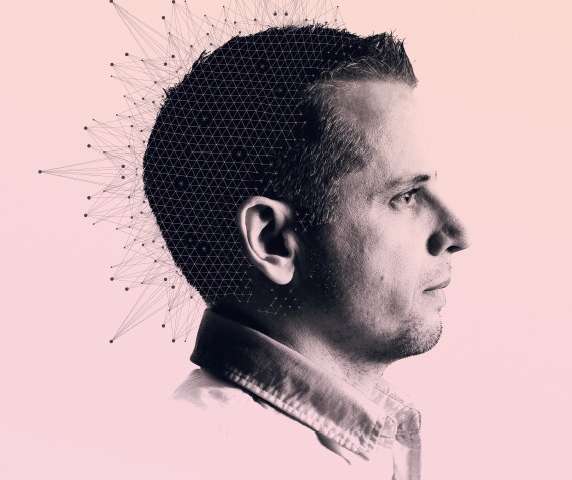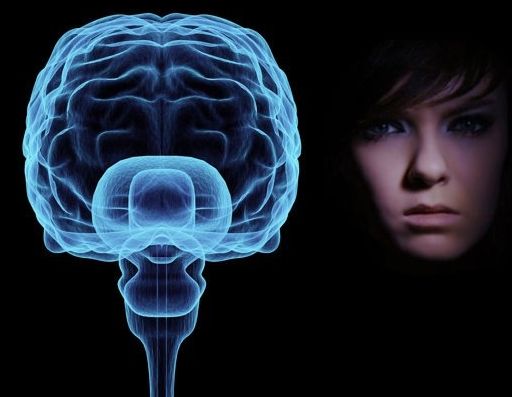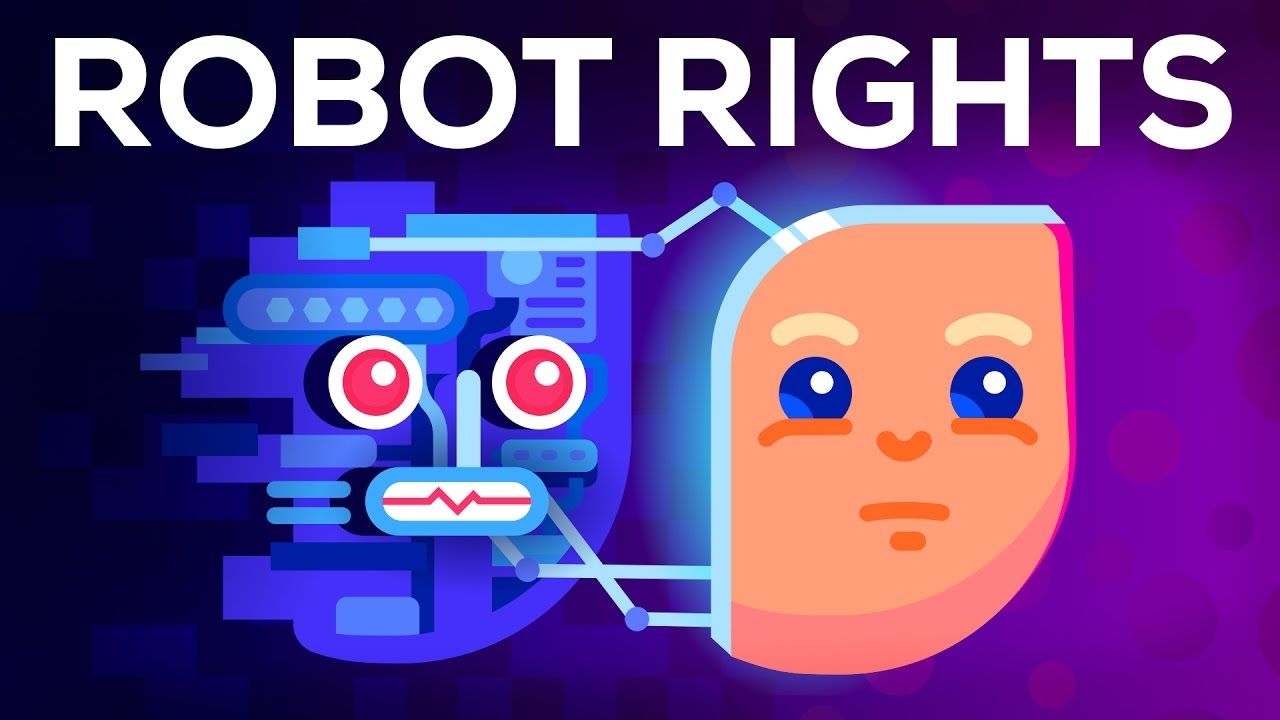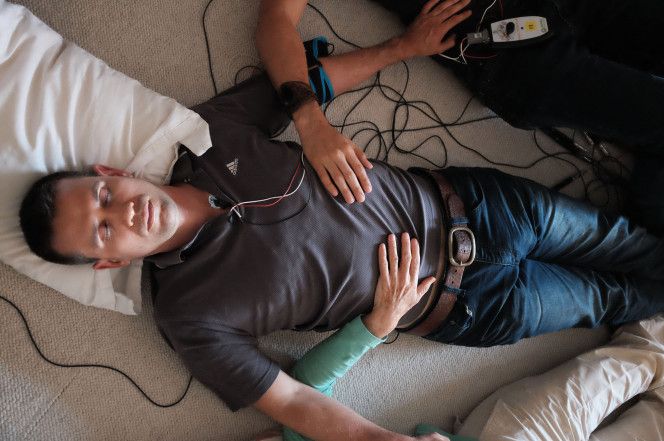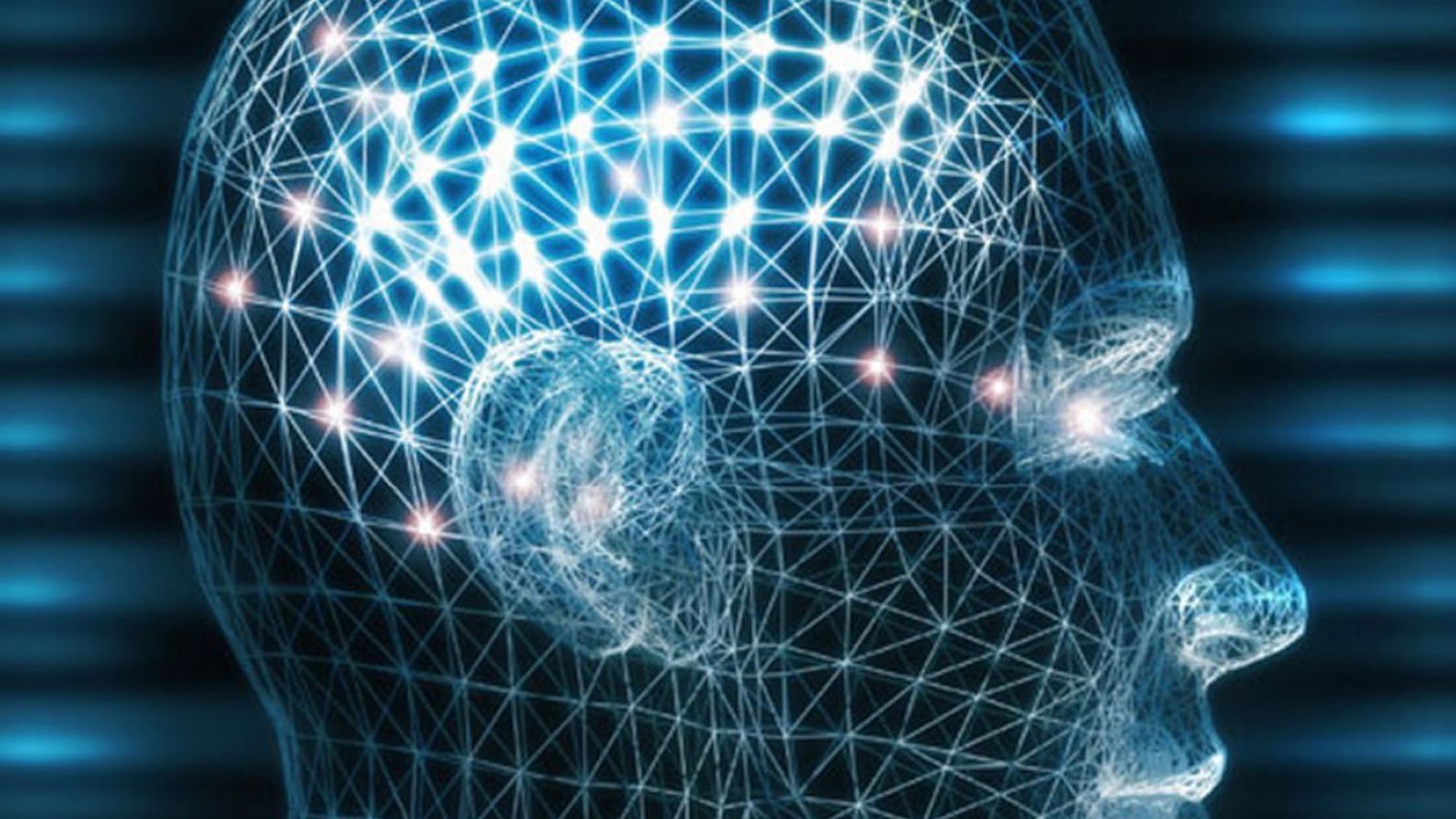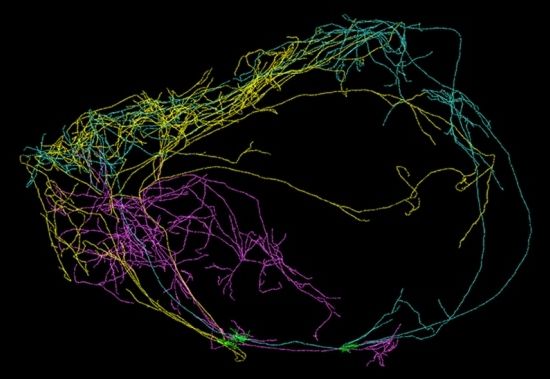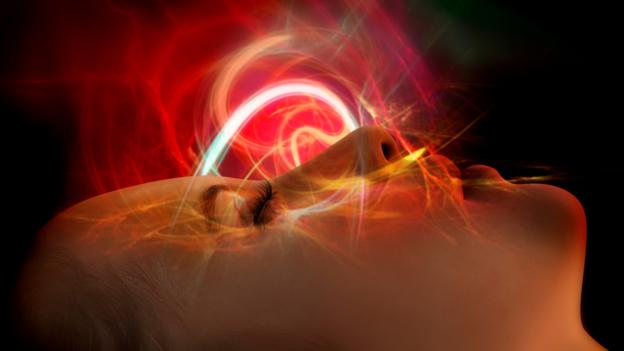Apr 20, 2017
Neuroscientists Can Now Read Your Dreams With a Simple Brain Scan
Posted by Shailesh Prasad in category: neuroscience
Like islands jutting out of a smooth ocean surface, dreams puncture our sleep with disjointed episodes of consciousness. How states of awareness emerge from a sleeping brain has long baffled scientists and philosophers alike.
For decades, scientists have associated dreaming with rapid eye movement (REM) sleep, a sleep stage in which the resting brain paradoxically generates high-frequency brain waves that closely resemble those of when we’re awake.
Yet dreaming isn’t exclusive to REM sleep. A series of oddball reports also found signs of dreaming during non-REM deep sleep, when the brain is dominated by slow-wave activity—the opposite of an alert, active, conscious brain.
Continue reading “Neuroscientists Can Now Read Your Dreams With a Simple Brain Scan” »

